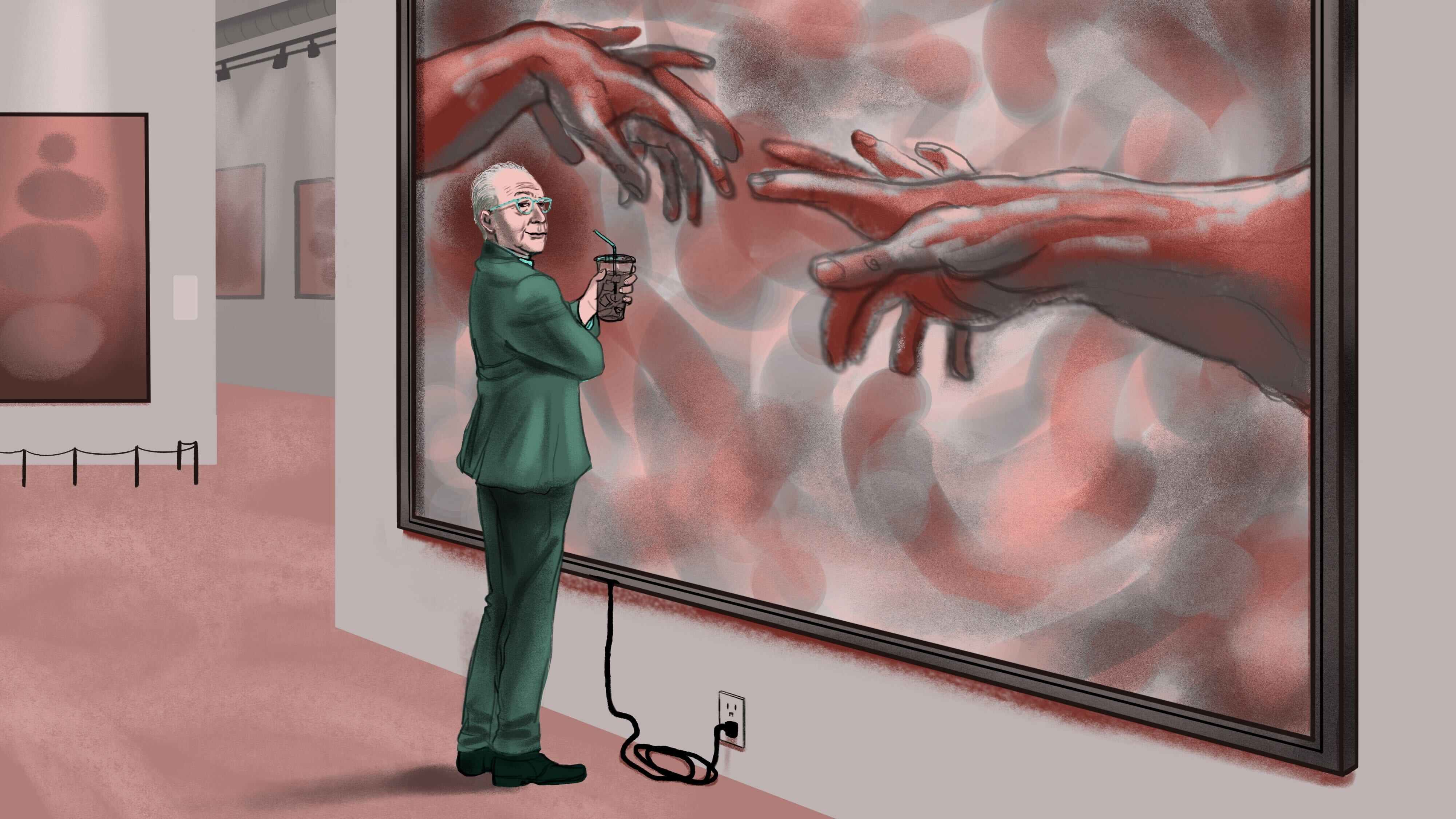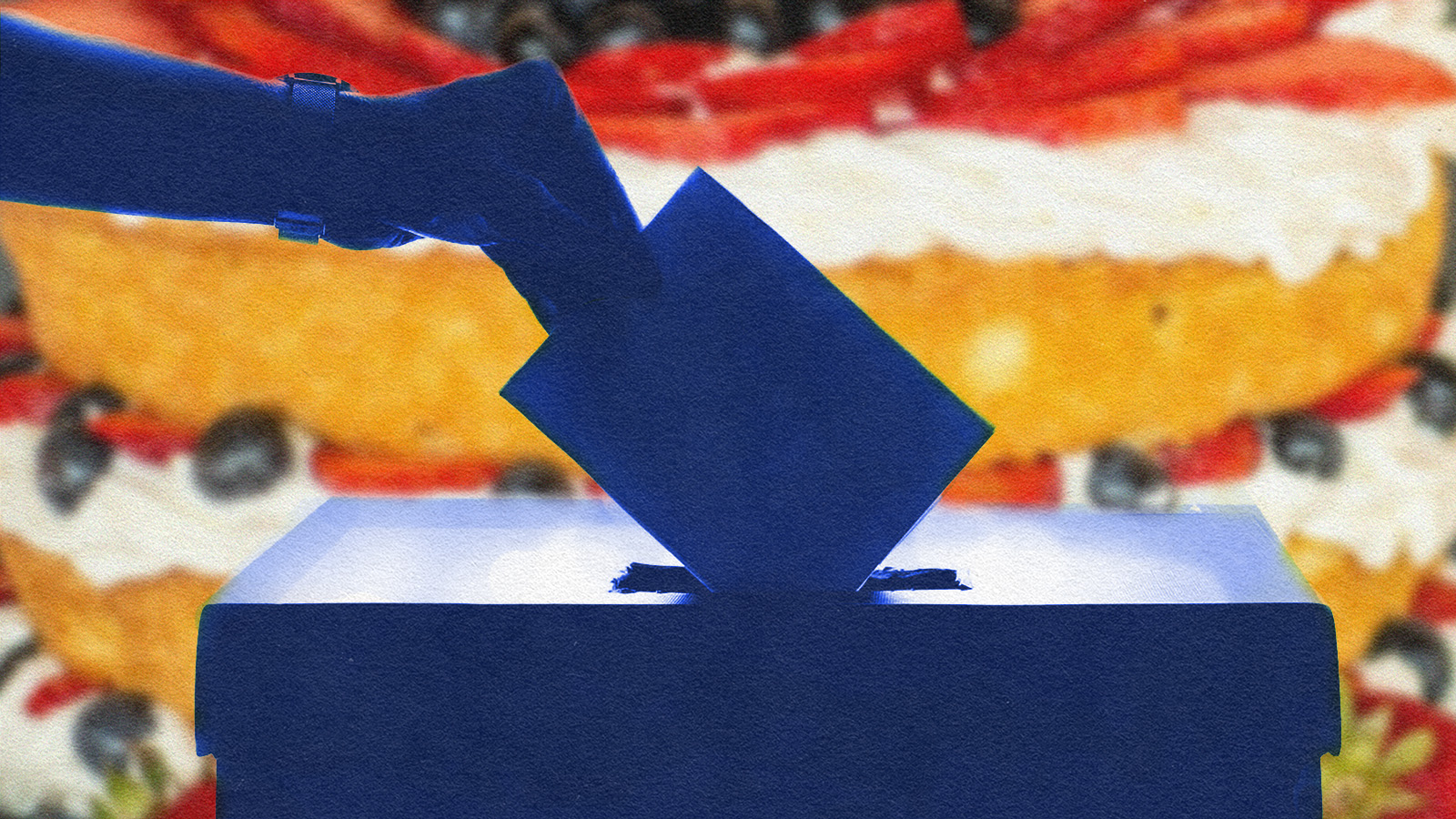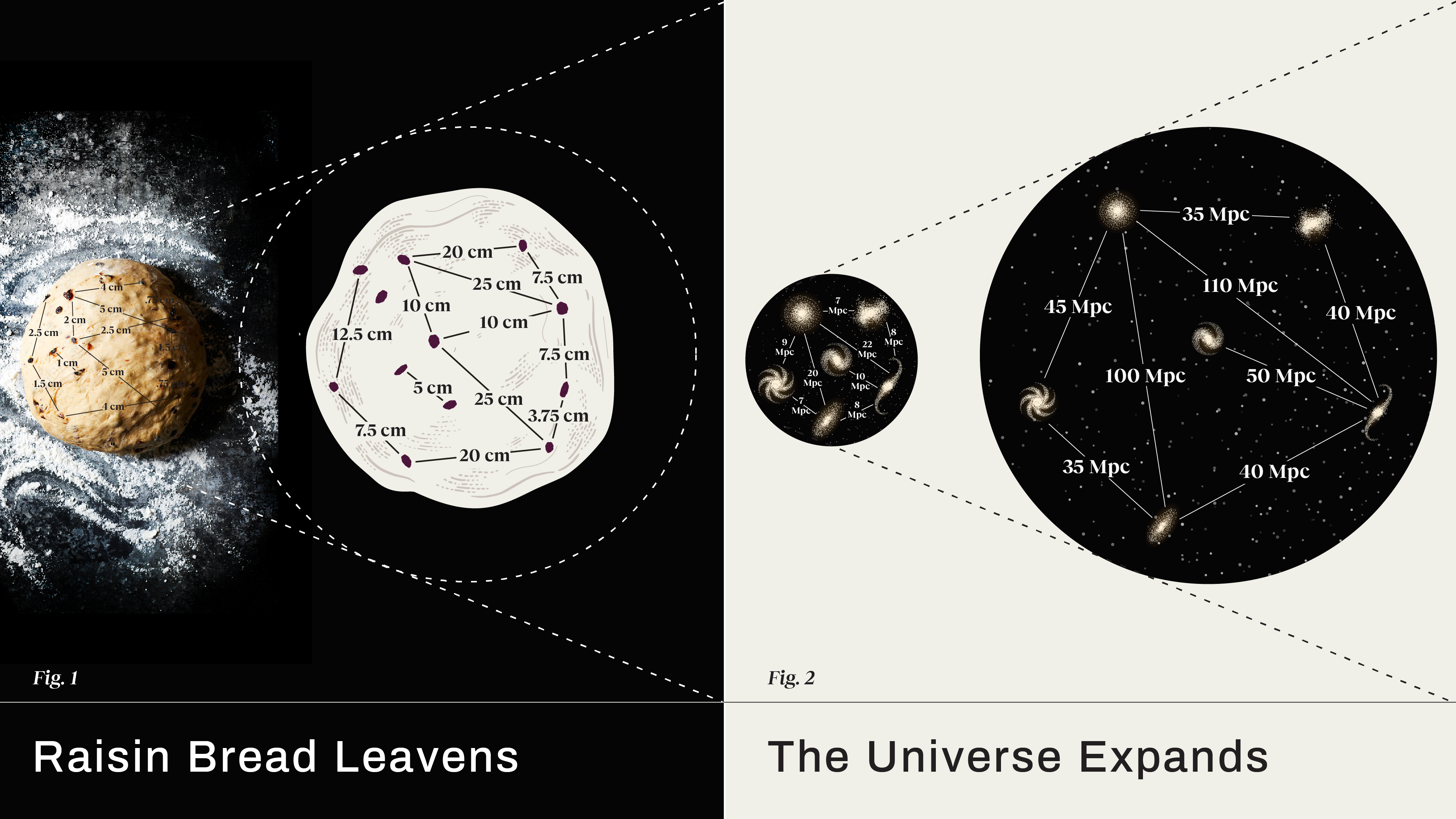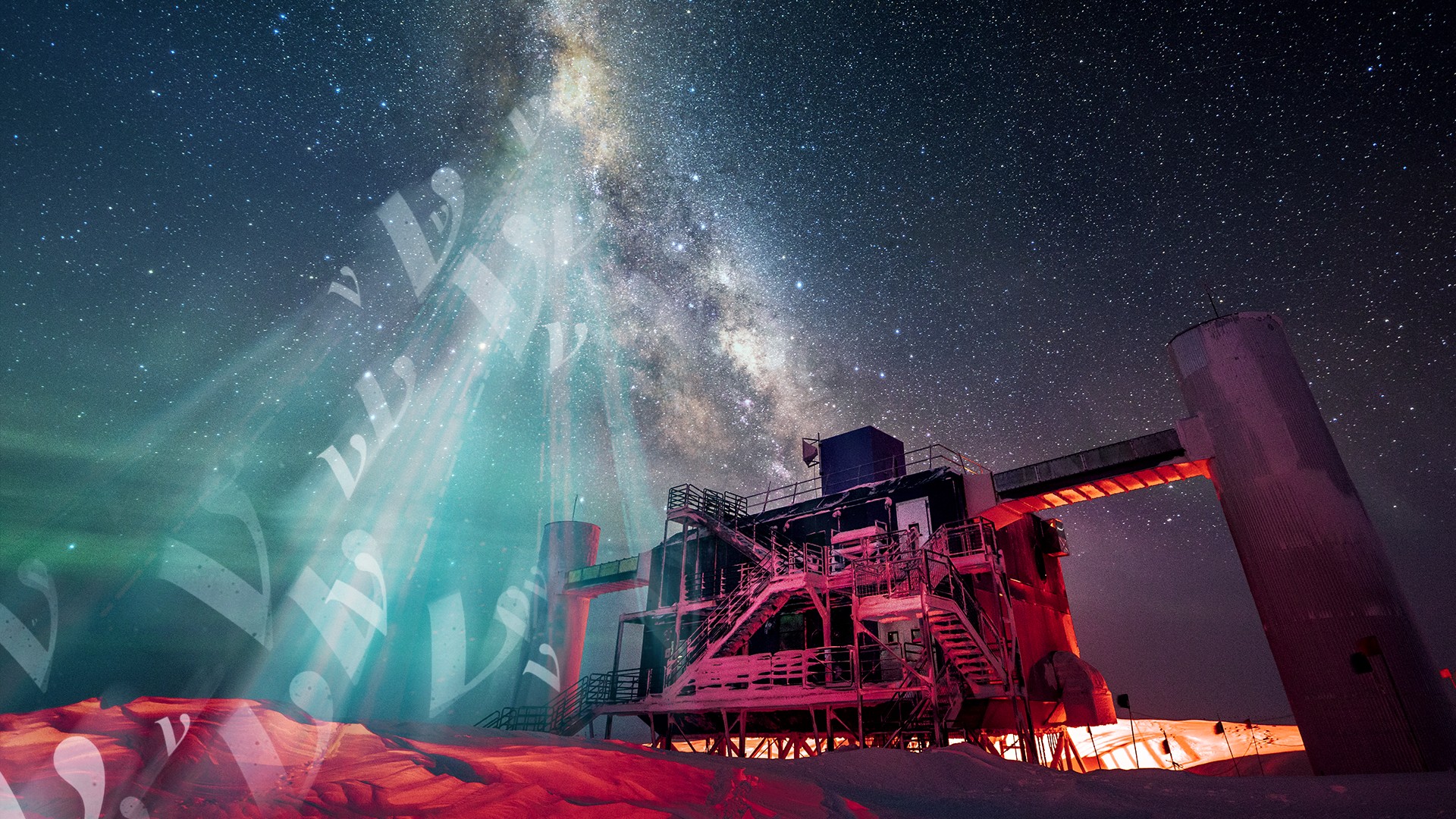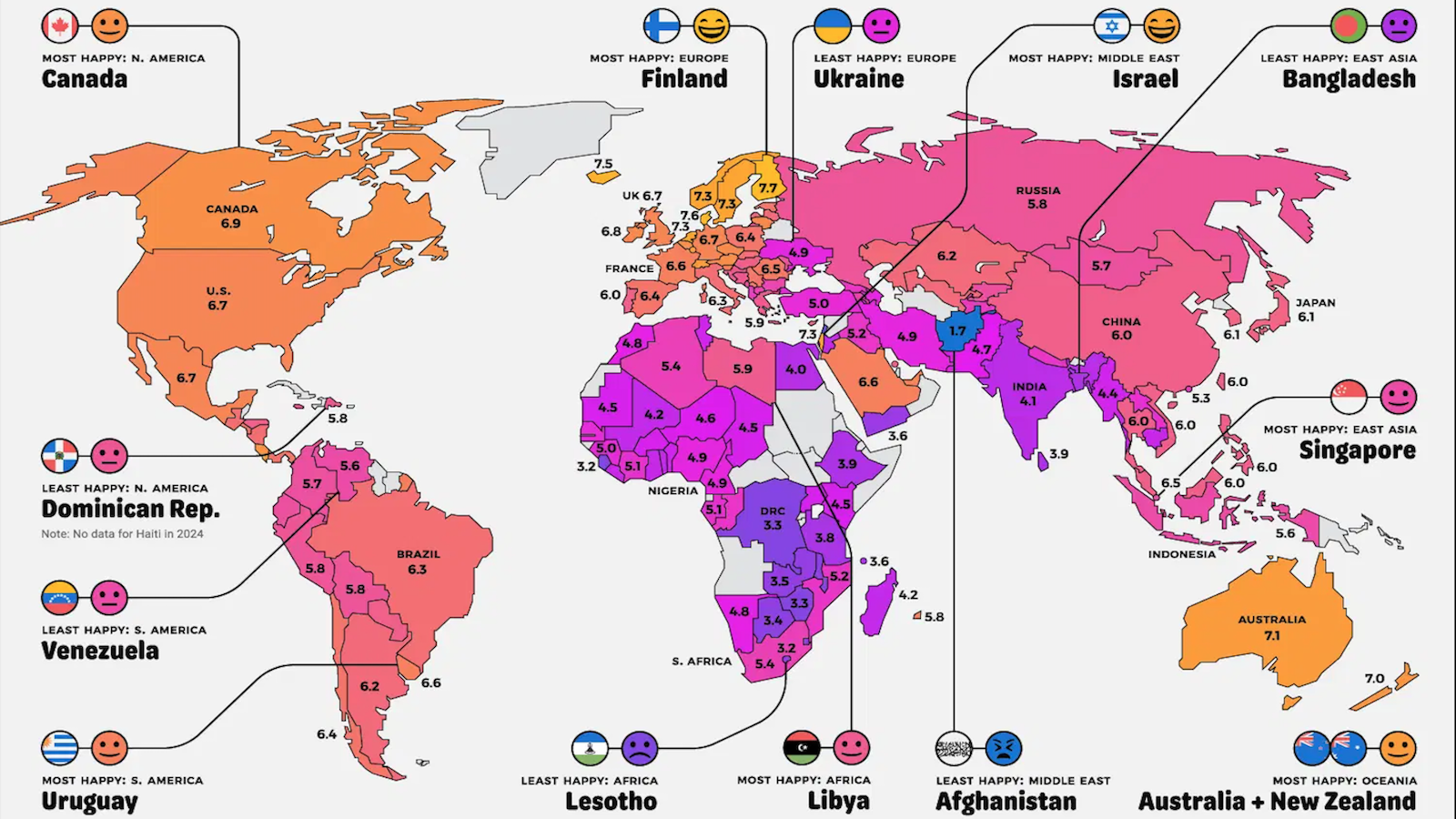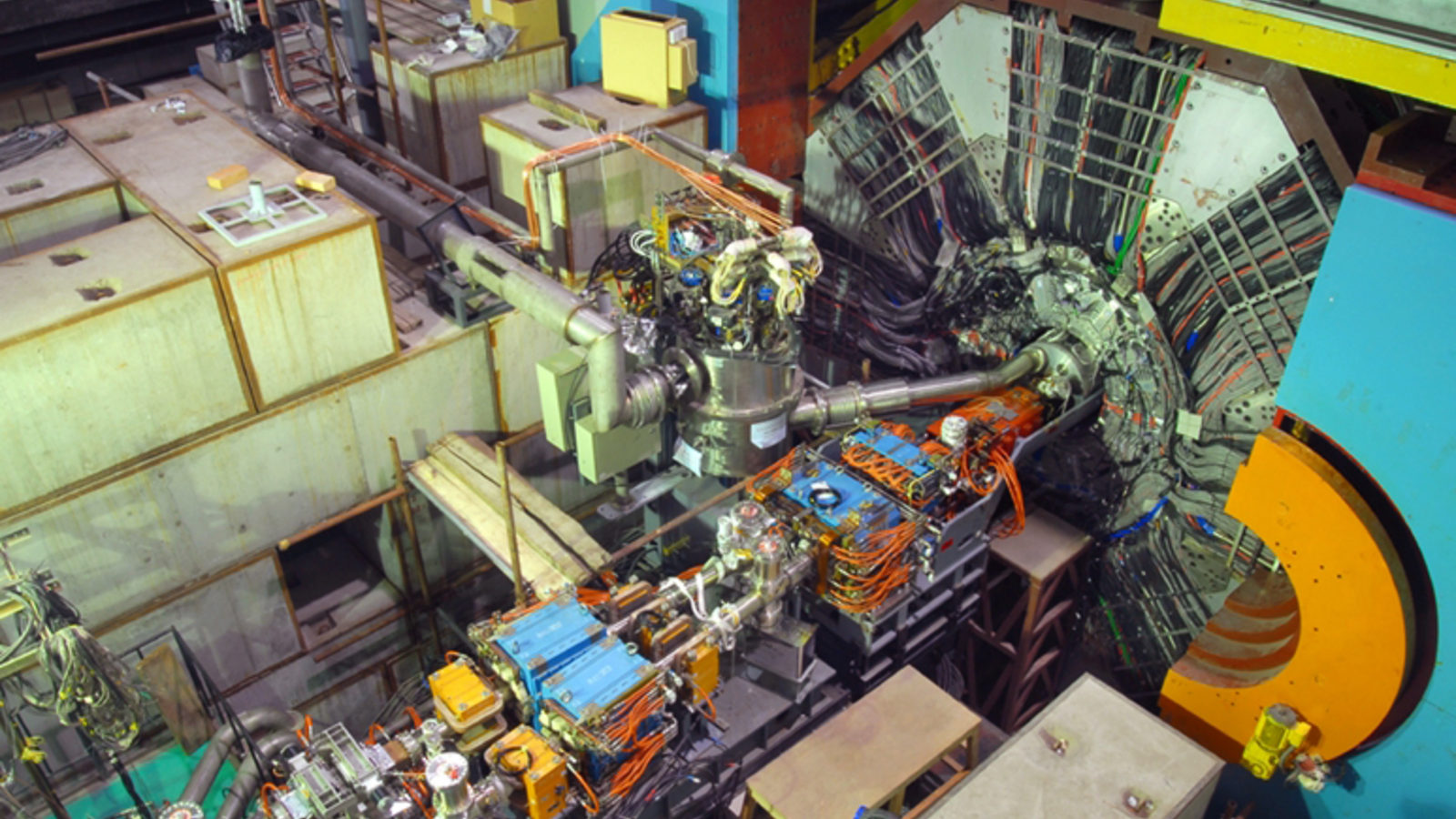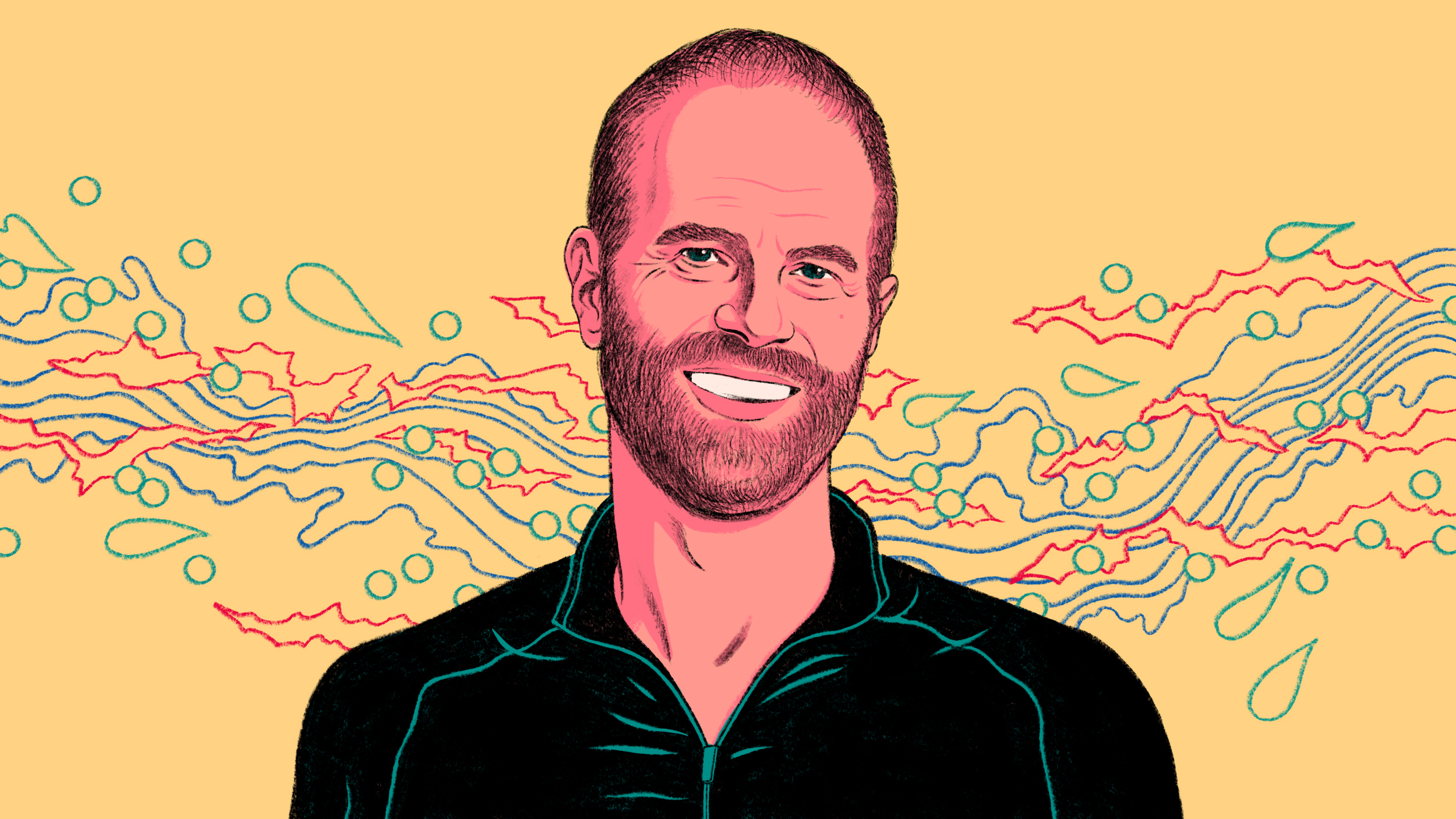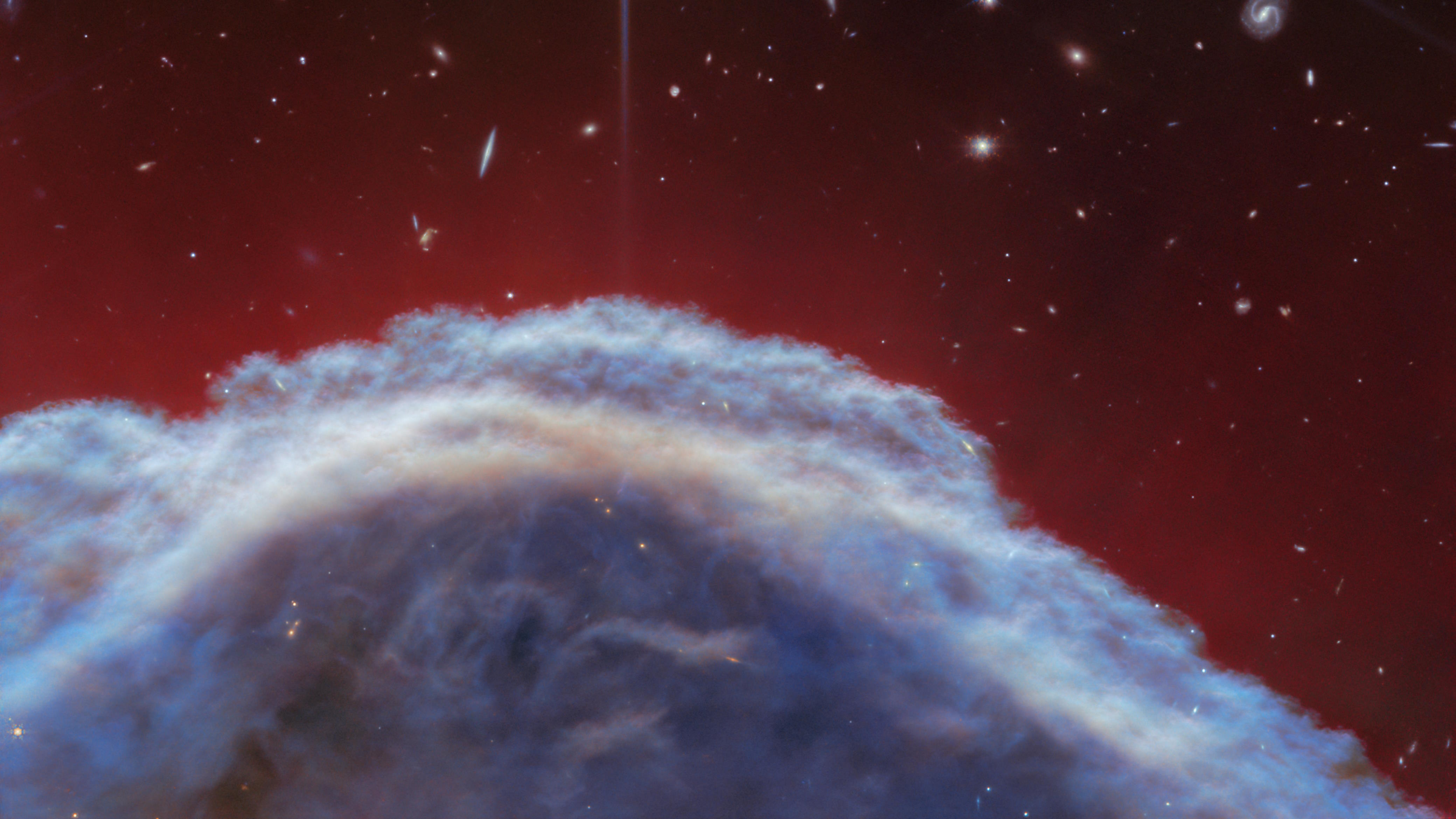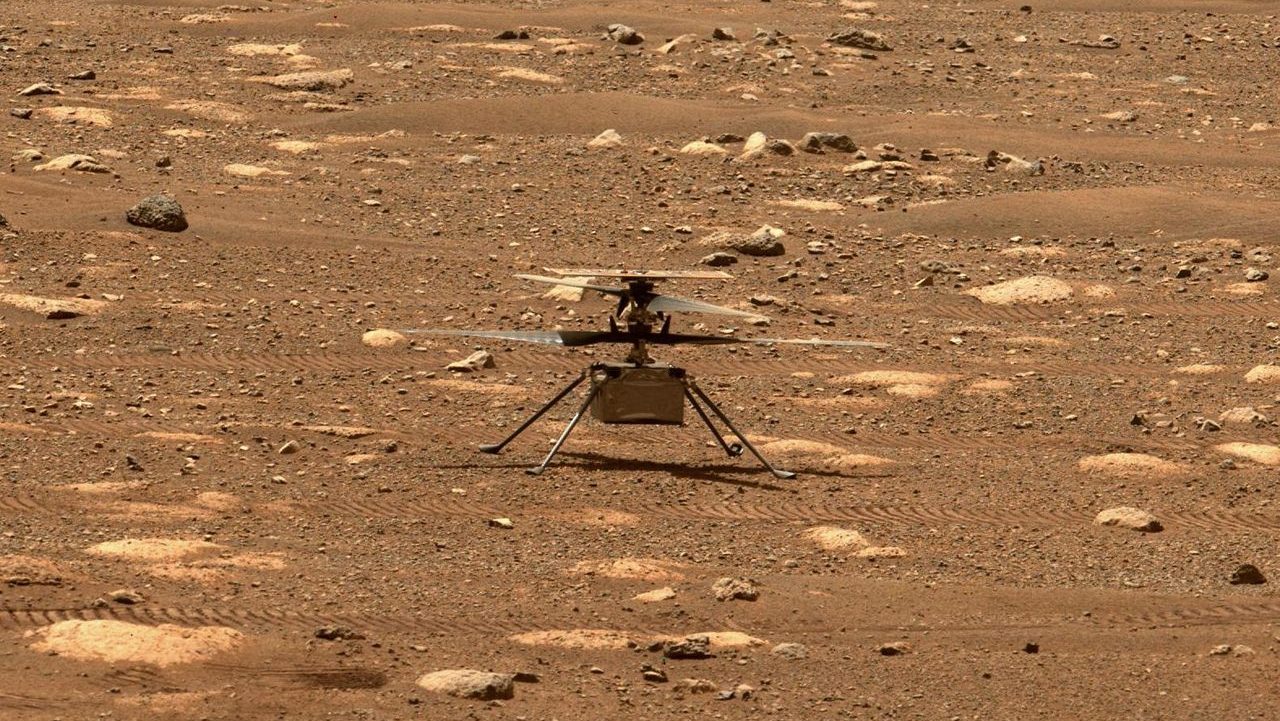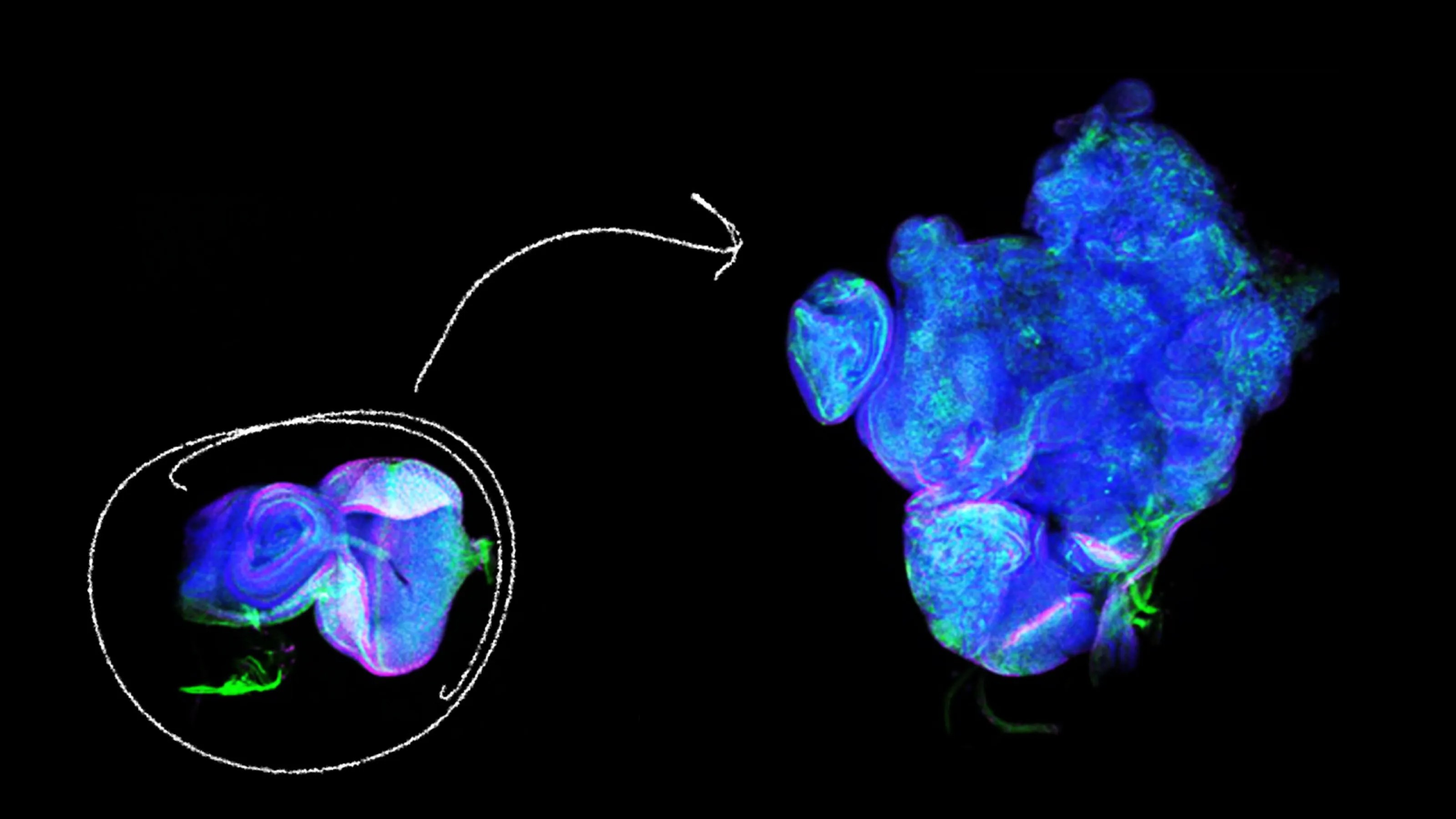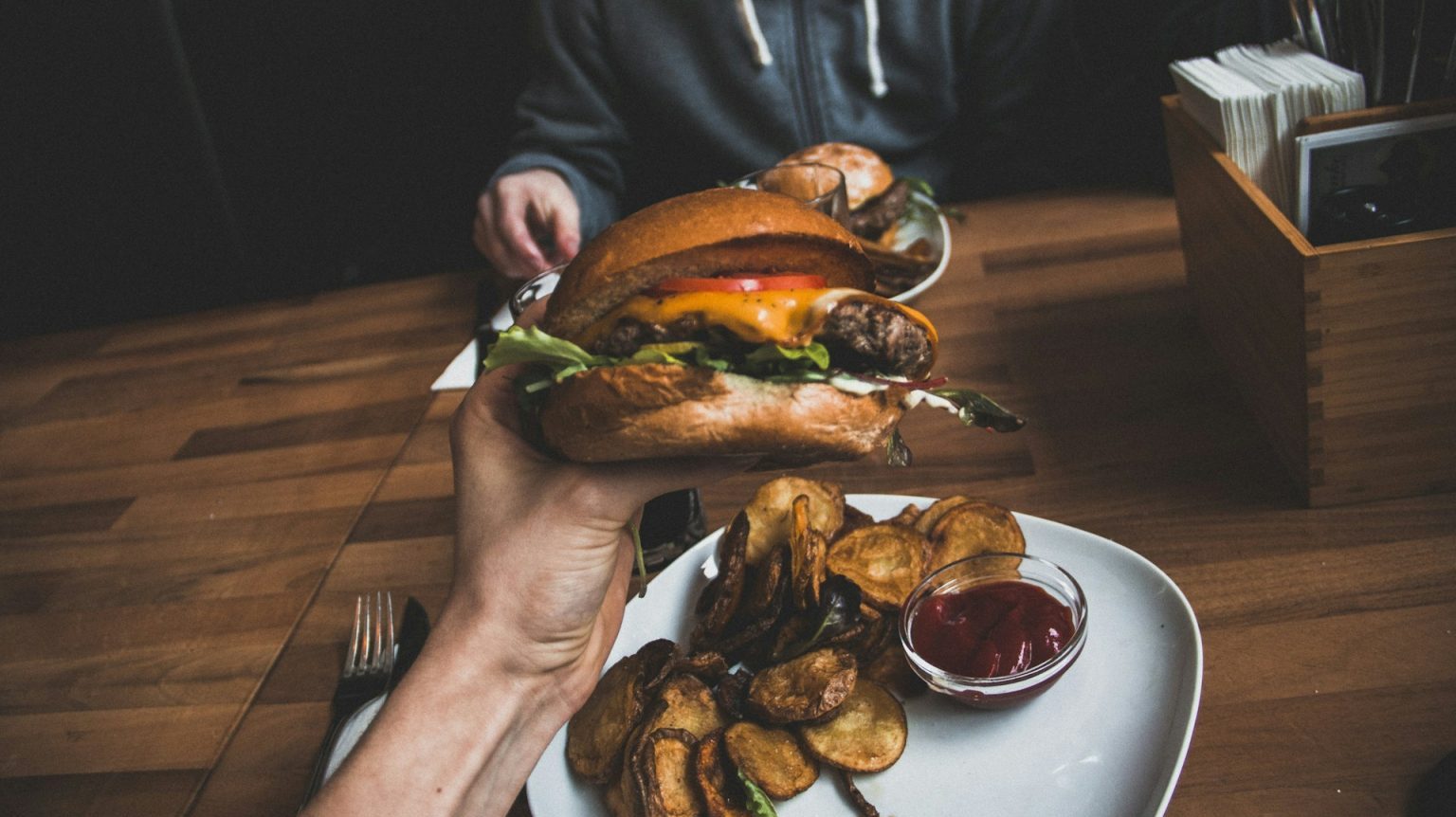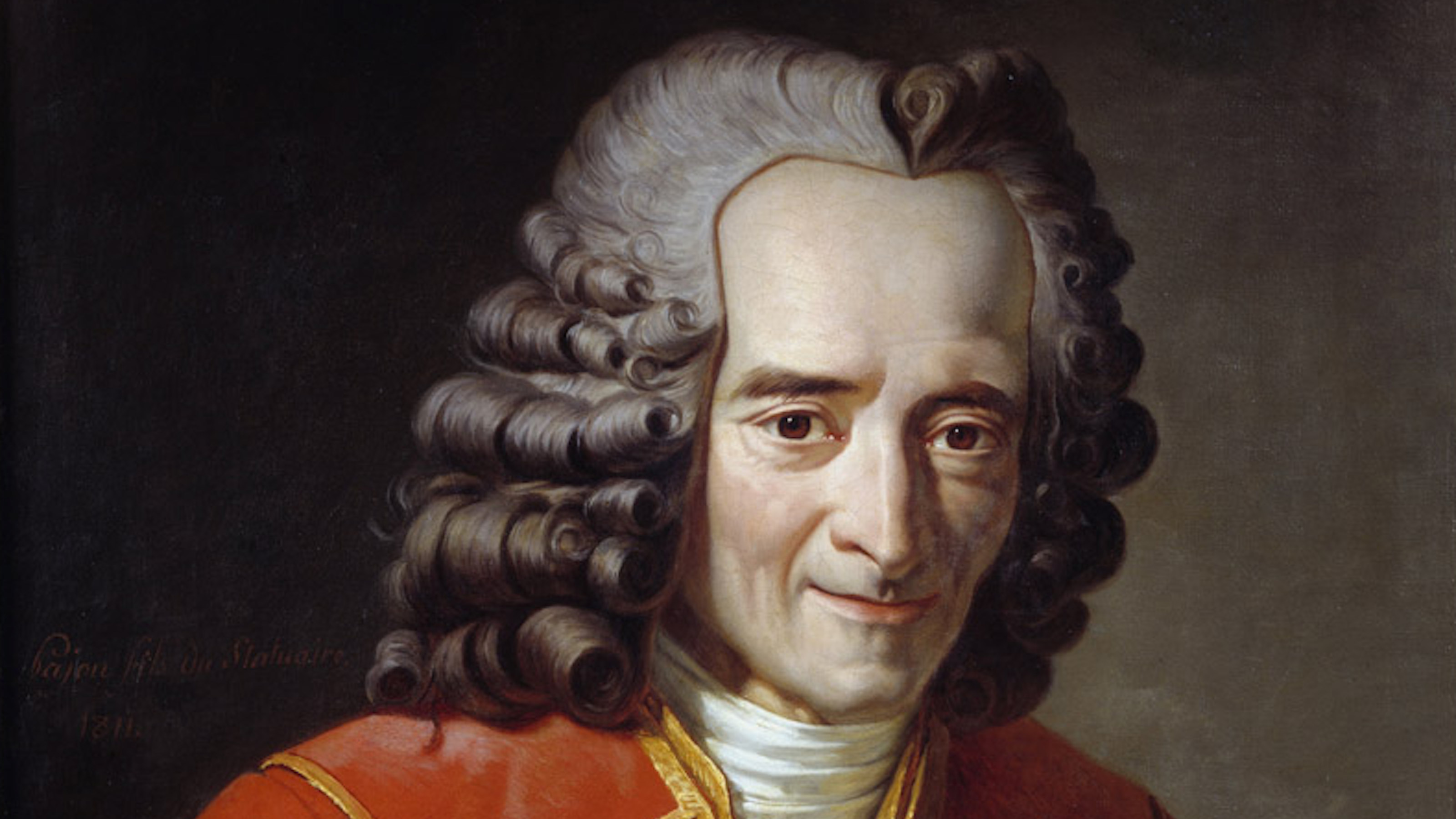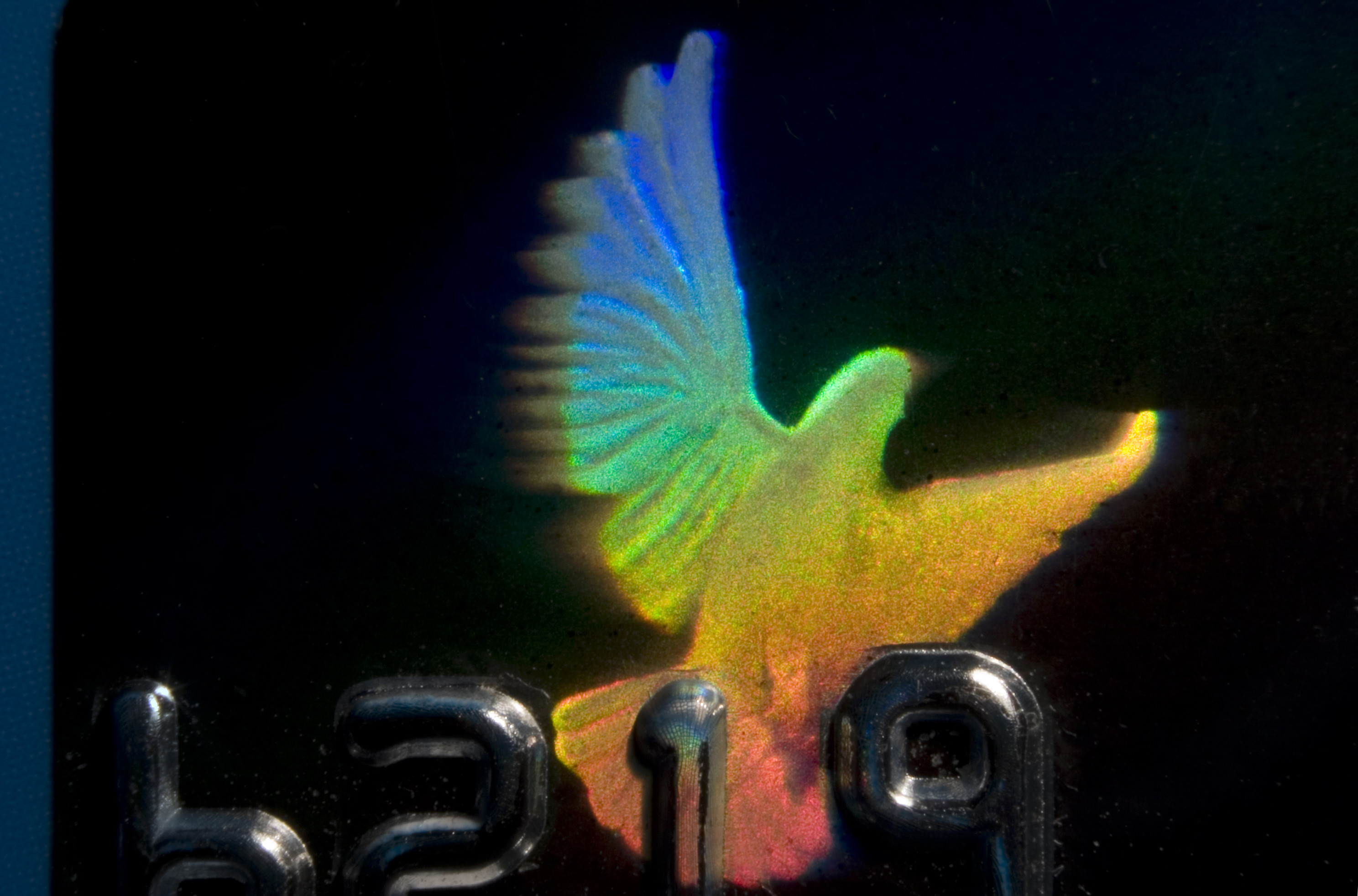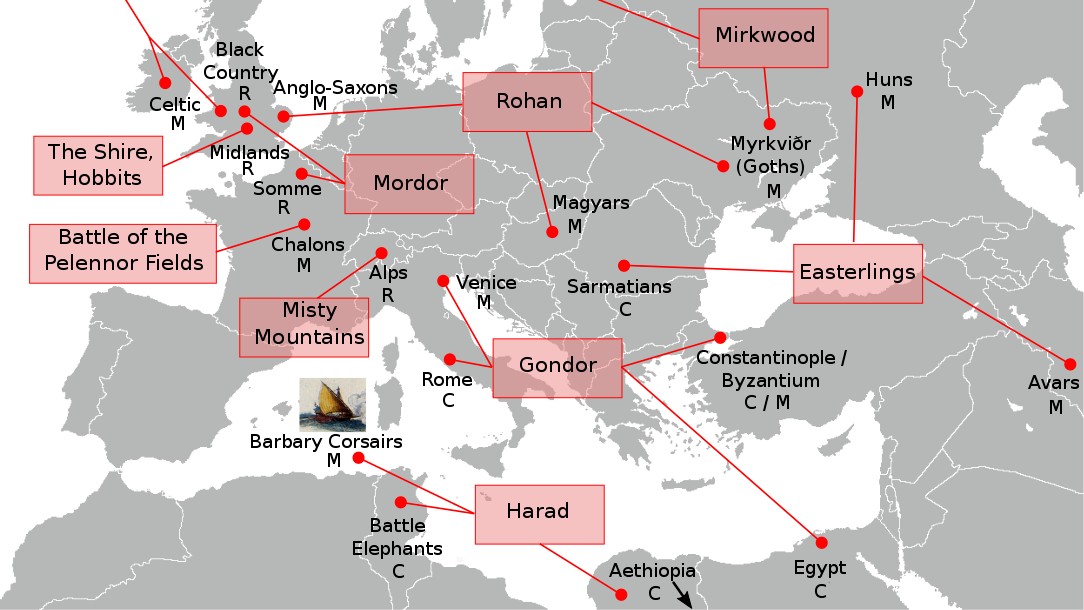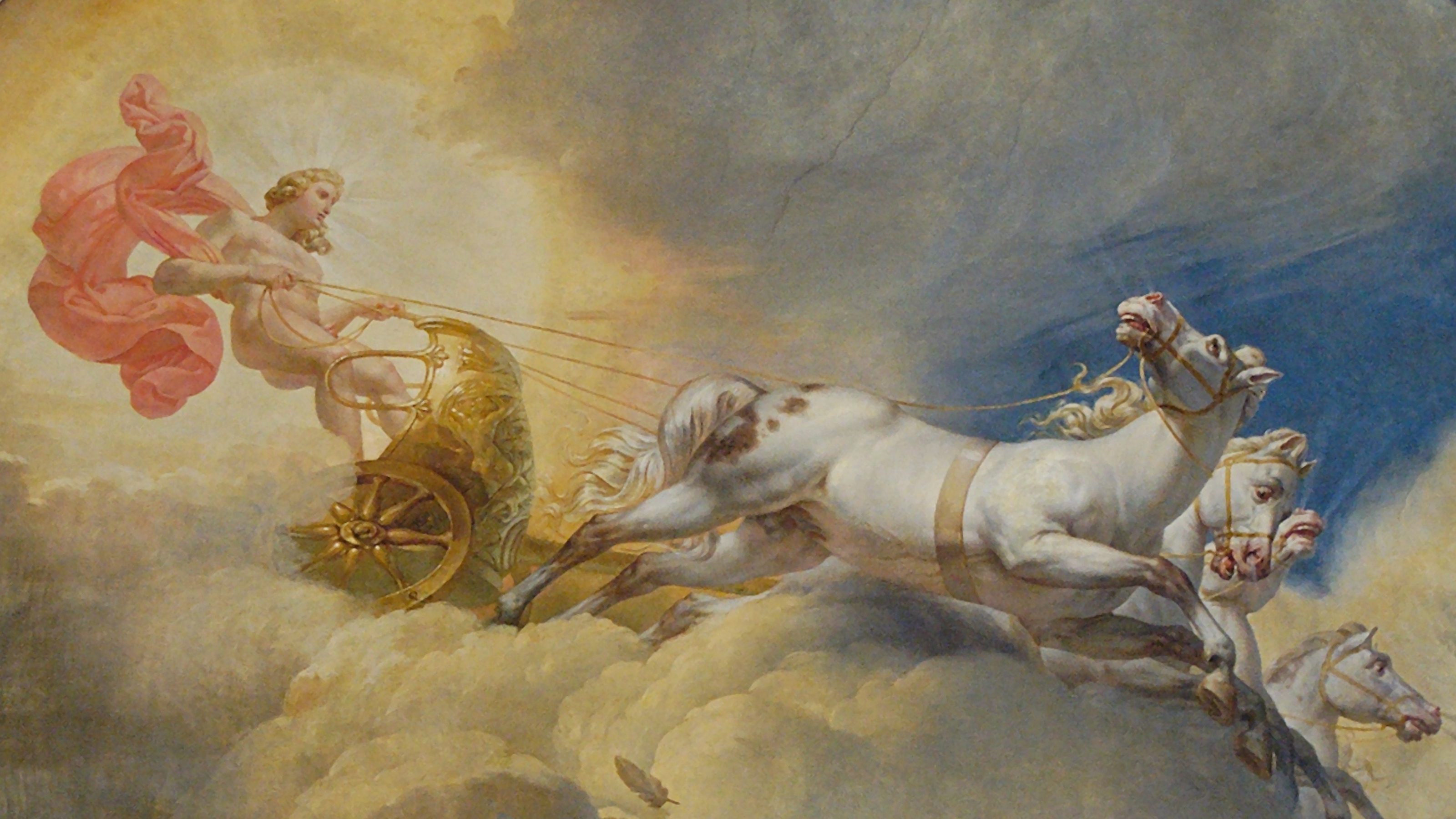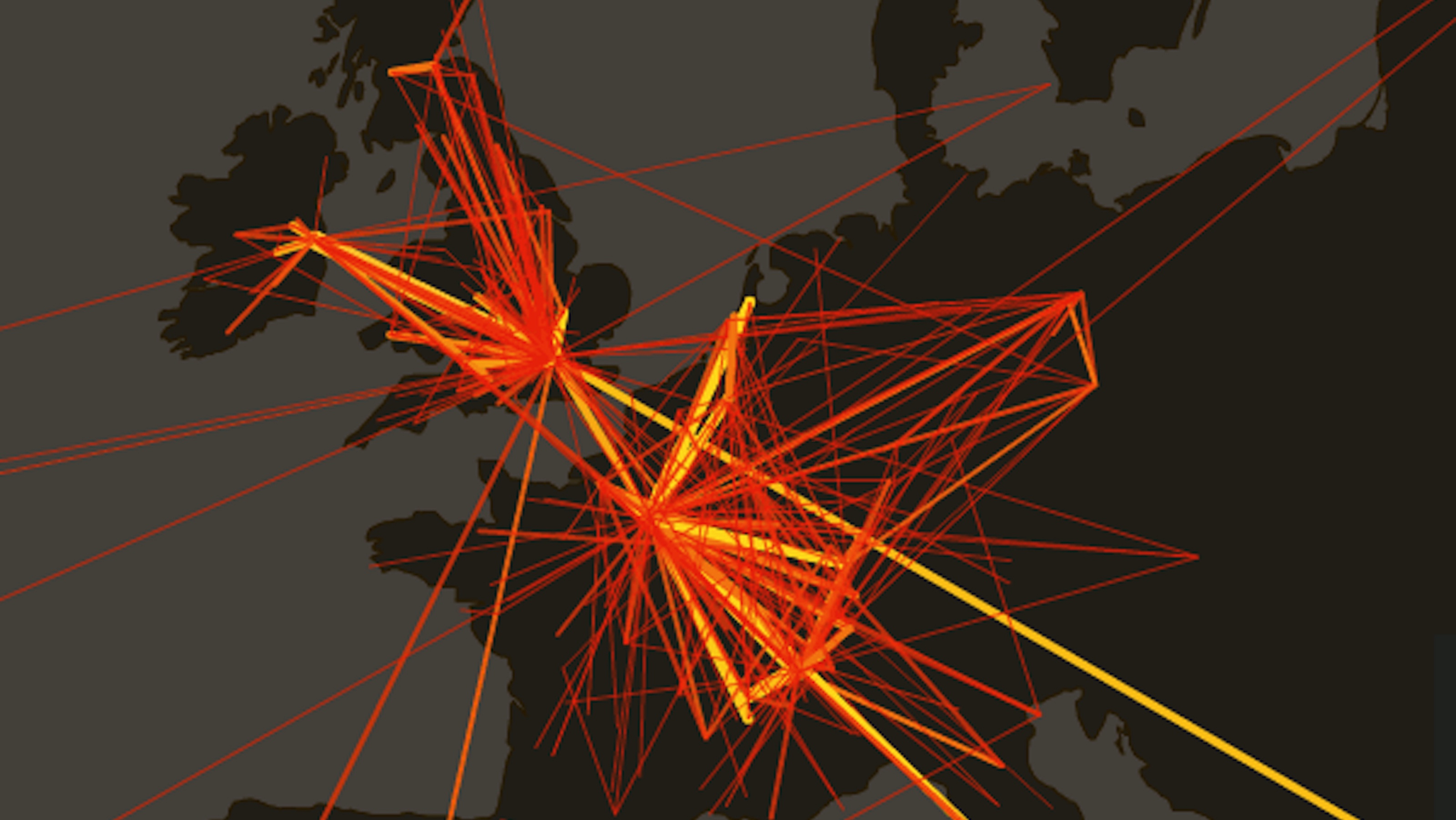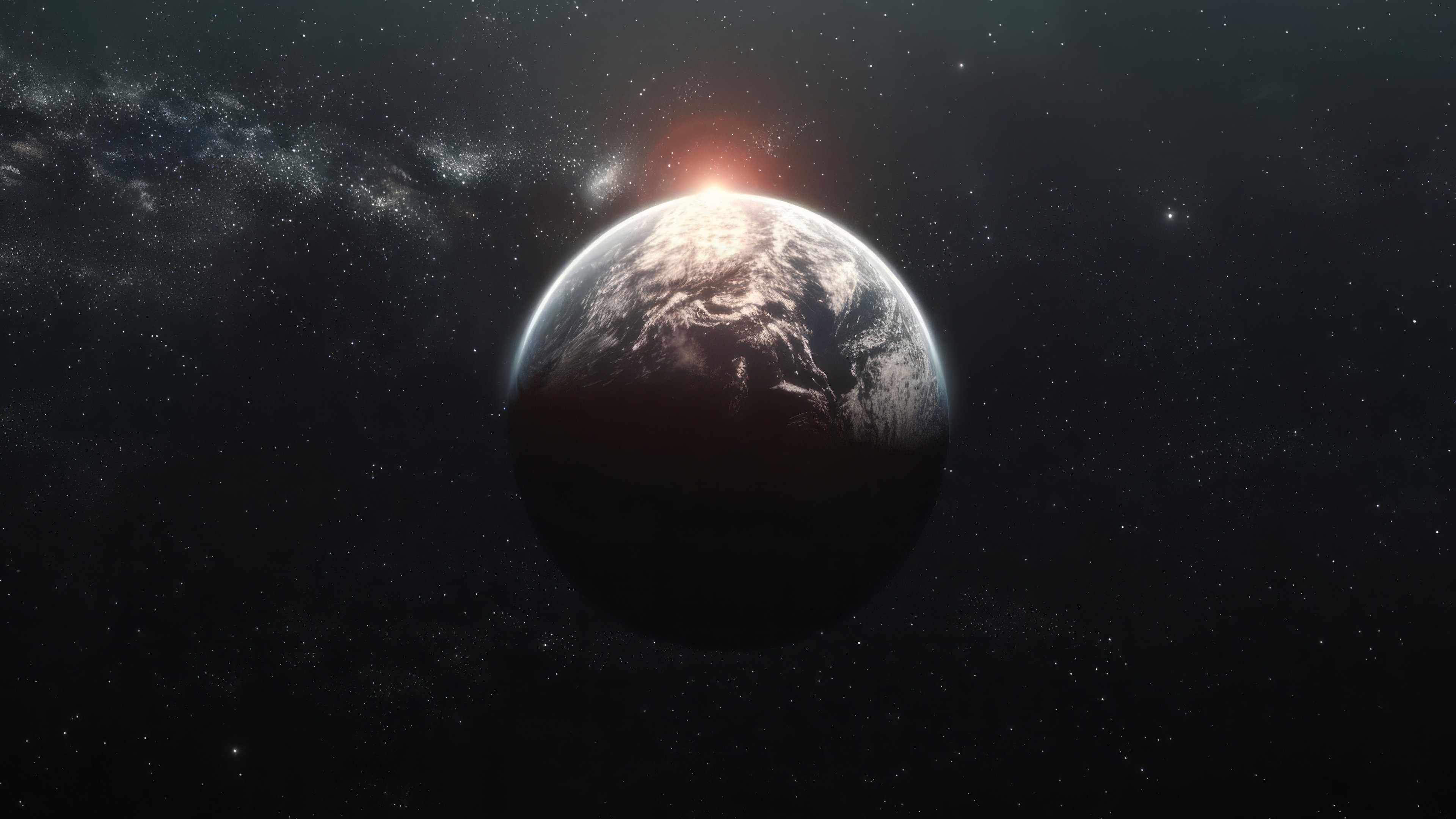Driven by a childhood marked by war and environmental devastation, Dyhia Belhabib developed an innovative technology to combat illegal fishing.
All Articles
“I believe that in the future, there will be a Francis Bacon of AI art,” Saltz tells Big Think. “We just haven’t seen that artist yet.”
Author A.J. Jacobs explores how voting has changed since the days of the Founding Fathers — for better and for worse.
DE&I has come under fire — but our leaders should still embed allyship deep within company culture. Here’s a plan.
The evidence that the Universe is expanding is overwhelming. But how? By stretching the existing space, or by creating new space itself?
IceCube scientists have detected high-energy tau neutrinos from deep space, suggesting that neutrino transformations occur not only in lab experiments but also over cosmic distances.
In 2017, we detected gold being forged in a neutron star-neutron star merger. Now, in 2024, the amounts created simply don’t add up.
Learning to decode complex communication on Earth may give us a leg up if intelligent life from space makes contact.
The Gallup World Poll reveals regional peaks and valleys of happiness across all of the continents.
When high-anxiety situations arise in the workplace, we tend to react by fighting, fleeing, freezing, or fawning — but there’s a hidden fifth option.
Across a variety of industries, trust and “upside-down management” have paid dividends.
Glueballs are an unusual, unconfirmed Standard Model prediction, suggesting bound states of gluons alone exist. We just found our first one.
The Human Chronome Project finds that the average human sleeps for 9 hours but only works for 2.6 hours.
Joe Betts-LaCroix — co-founder and CEO of Retro Biosciences — talks to Big Think about invention, authenticity, and Sam Altman’s “art of the startup.”
The most iconic “dark nebula” of all lights up under JWST’s infrared gaze. Here’s what’s newly discovered inside.
If the past is any guide, things are going to take off quickly.
This may be the largest helium reservoir in U.S. history.
Cancers can’t develop without genetic mutations — or can they?
Beef production is largely responsible for greenhouse gas emissions from the food system.
Poor research can be worse than no research at all.
A battle between different kinds of love.
Voltaire’s wonderful satire, Candide, remains a useful work-life antidote to bogus platitudes and naive optimism.
Holograms preserve all of an object’s 3D information, but on a 2D surface. Could the holographic Universe idea lead us to higher dimensions?
“Values emphasizing tolerance and self-expression have diverged most sharply, especially between high-income Western countries and the rest of the world.”
The fellowship’s journey through Middle-earth mirrors the modernization of the English countryside.
We’ve made god-like figures out of hard-charging CEOs — but it’s a bad idea to get high on your own supply.
In general relativity, white holes are just as mathematically plausible as black holes. Black holes are real; what about white holes?
Digital analyses of Enlightenment-era letters are teaching us a thing or two about Locke, Voltaire, and others.
An interview with Lisa Kaltenegger, the founding director of the Carl Sagan Institute, about the modern quest to answer an age-old question: “Are we alone in the cosmos?”
Admitting that we know little about our future selves can radically improve our decision-making.

